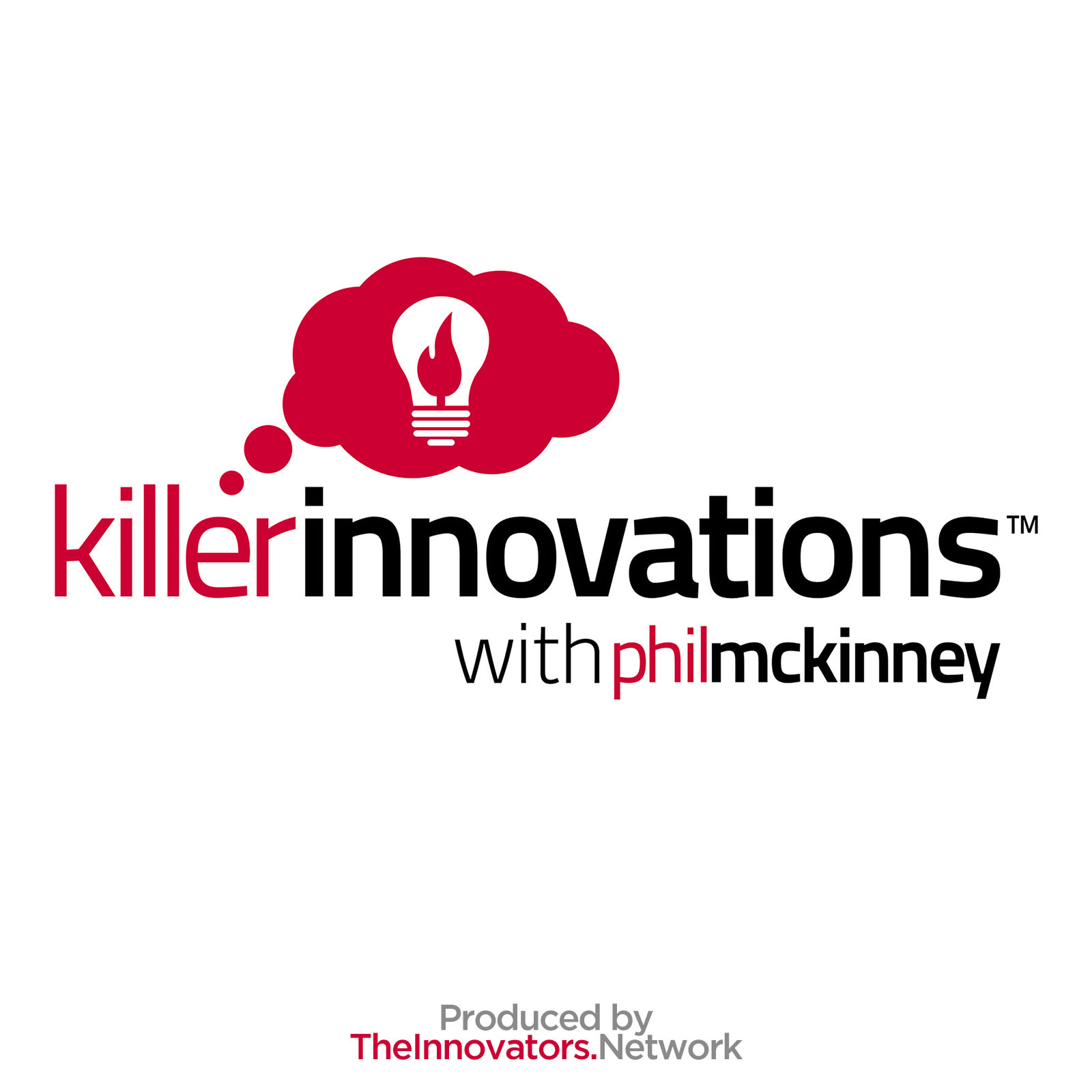Overcoming Innovation Regrets

b'Regret is one of those emotions that can derail your future success. As innovators, regrets can be things like someone else launching an idea you had before you were able to execute it. Today, I will share three of my innovation regrets and how to move past them to continue achieving success.
\\n
\\nMy First Innovation Regret
\\nDuring the early days of computer viruses, I was Director of Product Development for ThumbScan. We offered a fingerprint biometric device under $1,000, which was the first at this price that could attach to a PC. Since this was before PCs were common, people didn\\u2019t see much value in the company. During this time, I was making headlines for my work on computer viruses and had written down a ton of ideas about them in a notebook I had. Then, Thumbscan started struggling, and sales were dropping. I ended up setting aside my notebook of ideas and focusing on other things.
\\nNext thing you know, Norton and McAfee came out with products similar to my ideas and became very successful. I made a few big mistakes in this situation and learned some lessons. Firstly, I went wrong when I correlated people\\u2019s interest in the product to an entire industry segment. I also looked at the \\u201cnow\\u201d instead of looking at what could happen if viruses became a major issue.
\\nMy other big mistake was that I didn\\u2019t go back and present my ideas to McAfee and Norton. At this time, I was well-known and could have successfully leveraged my reputation. Instead, I chose not to do it because I didn\\u2019t want to be the second or third guy coming out with the idea. I wanted to be the first. Another innovation regret is that typically, the first people who come out with something don\\u2019t create the best product.
\\nSecond Regret
\\nMy second innovation regret comes from a project I called \\u201cthe six degrees of separation.\\u201d This idea states that you are only no more than six people away from everybody else. A group of consultants and I were sitting around one day and came up with the idea of this project. We were trying to figure out if we could connect people through their work experience, employers, and the likelihood that they knew somebody to create a connected introduction network. This concept was two years before LinkedIn offered any product or service.
\\nWe put the idea up but got distracted by a new idea and ended up dropping it. LinkedIn came out two years later and became a huge success. Here, I learned that I did not lack ideas, but I lacked a ranking process for my ideas. New ideas always look shiny, and we often gravitate to them, which causes us to lose focus on older and potentially successful ideas.
\\nRegret #3
\\nWhen I was at a company called Omnipoint, we came up with the idea of prepaid mobile. This was the very first prepaid mobile as the existing mobile required built-up credit. \\xa0We set it up to be an easy process and sold at locations selling Omnipoint phones. There was no account information necessary to purchase the service.
\\nWe got flooded with people using the prepaid service, and it became very popular. Then, criminals discovered our anonymous phones. The popularity became the launching point for \\u201cburner phones.\\u201d The U.S government was not happy with what we were doing, and I had a lot of conversations with different agencies. From this innovation regret, I learned to look for the unintended consequences of my innovations.
\\nNowadays, I write out my regrets and jot down what I would have done dif...'